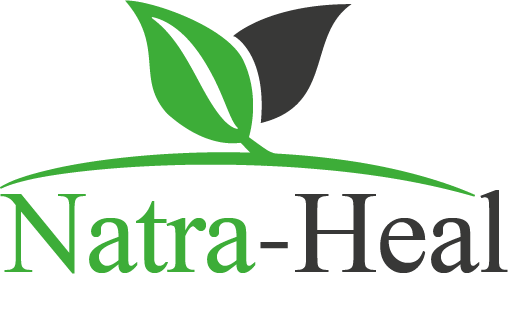Hydrangea is a genus of flowering plants in the family Hydrangeaceae, known for their large, colorful flower clusters. The most commonly referenced species in herbal medicine is Hydrangea arborescens, also known as smooth hydrangea or wild hydrangea. This plant is native to North America and has been used in traditional medicine for various health purposes.
Health Benefits of Hydrangea:
- Support for Urinary Health: Hydrangea is often used in herbal medicine to support urinary tract health. It is believed to have diuretic properties, which can help promote urine production and assist in flushing out toxins from the urinary system.
- Kidney Health: Some traditional uses of hydrangea include supporting kidney function and health. It is thought to help maintain the health of the kidneys and may assist in the prevention of kidney stones.
- Anti-Inflammatory Properties: Hydrangea may have anti-inflammatory effects, which can be beneficial for reducing inflammation in the body. This can be particularly helpful for conditions associated with inflammation.
- Antioxidant Activity: Hydrangea contains various compounds that may have antioxidant properties, helping to protect cells from oxidative stress and damage caused by free radicals.
- Potential Antimicrobial Effects: Some studies suggest that hydrangea may have antimicrobial properties, which could help inhibit the growth of certain bacteria and fungi.
- Support for Joint Health: Due to its anti-inflammatory properties, hydrangea may also be used to support joint health and alleviate symptoms associated with conditions like arthritis.
Forms of Hydrangea:
Hydrangea can be consumed in various forms, including:
- Dried herb: Used to make teas or infusions.
- Extracts: Concentrated forms available in capsules or liquid extracts.
- Tinctures: Alcohol-based extracts that can be taken in small doses.
Precautions:
While hydrangea is generally considered safe for most people when used appropriately, there are some considerations:
- Side Effects: Some individuals may experience gastrointestinal discomfort, such as nausea or diarrhea, when taking hydrangea supplements. It is advisable to start with a lower dose to assess tolerance.
- Pregnancy and Breastfeeding: There is limited research on the safety of hydrangea during pregnancy and breastfeeding, so it is advisable to avoid it during these times.
- Drug Interactions: Hydrangea may interact with certain medications, particularly those affecting kidney function or diuretics. It’s essential to consult a healthcare professional before using hydrangea if you are on medication.
Conclusion:
Hydrangea is a flowering plant with potential health benefits, particularly for urinary and kidney health. While it has been used traditionally for various purposes, more research is needed to confirm its efficacy and safety. As with any supplement, it’s important to use hydrangea responsibly and consult a healthcare professional for personalized advice, especially if you have underlying health conditions or are taking medications.
